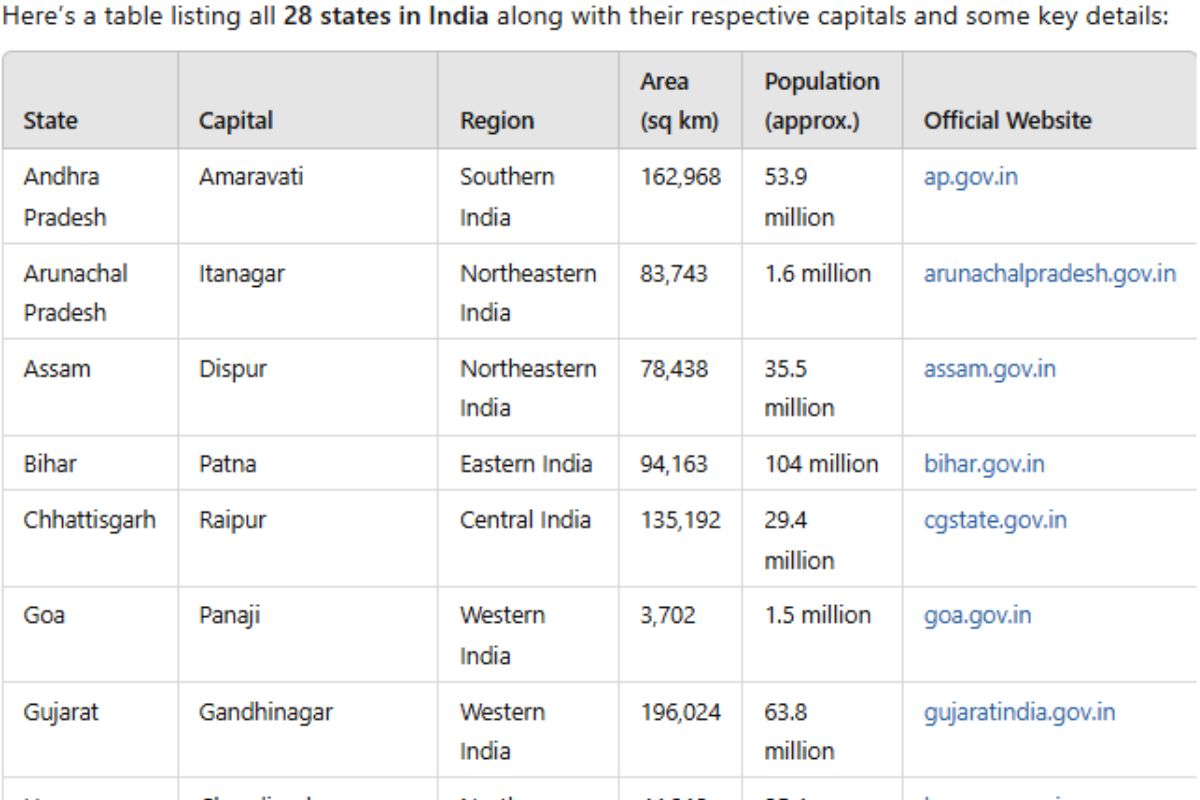Introduction to Social Security Benefits
In an ever-changing world where financial security is of utmost importance, Social Security benefits have emerged as a crucial pillar of support for millions of people. Established as a safety net for retired, disabled, and surviving individuals, the Social Security system provides essential financial assistance to ensure a dignified life during one’s golden years. In this comprehensive guide, we will delve into the intricacies of Social Security benefits, shedding light on how it works, who is eligible, and the different types of benefits available.
The Foundation of Social Security
The roots of Social Security can be traced back to the Great Depression of the 1930s when the economic downturn left countless Americans in dire straits. President Franklin D. Roosevelt signed the Social Security Act into law in 1935, with the primary goal of alleviating poverty among senior citizens. Since then, the program has evolved and expanded, encompassing various benefits beyond retirement.
Types of Social Security Benefits
Retirement Benefits:
The most well-known facet of Social Security, retirement benefits serve as a crucial source of income for seniors after they reach the eligible age, which is typically 62 years or older. The amount received is based on factors such as the individual’s earnings history and the age at which they choose to start receiving benefits.
Disability Benefits:
Social Security isn’t solely for retirees. Individuals who suffer from disabilities that prevent them from engaging in substantial gainful activity can also receive disability benefits. To qualify, one must meet specific medical and work-related criteria.
Survivor Benefits:
When a Social Security recipient passes away, their surviving spouse, children, or other dependents may be eligible for survivor benefits. These benefits provide a vital lifeline for families facing the loss of a loved one.
Eligibility and Application Process
Eligibility for Social Security benefits hinges on several factors, including the number of years worked, age, and employment status. To determine eligibility, individuals can access their Social Security Statement online, which outlines their estimated benefits based on their work history. The application process can be completed online, through the Social Security Administration’s website, or in-person at a local Social Security office.
Calculating Benefits and When to Claim
Calculating Social Security benefits involves a complex formula that considers the recipient’s earnings over their working years. Factors such as the 35 highest-earning years, inflation adjustments, and the age at which benefits are claimed all play a role in determining the final amount. The age at which one claims benefits is critical, as early retirement (before reaching full retirement age) leads to reduced monthly payments, while delaying benefits beyond full retirement age results in increased benefits.
The Future of Social Security
As the population ages and the ratio of retirees to workers increases, the future sustainability of Social Security becomes a subject of concern. Policymakers are continually grappling with the challenge of ensuring the program’s long-term viability while meeting the needs of an aging population. Potential reforms, such as raising the retirement age or adjusting benefit calculations, are subjects of debate.
Also Read How To Meditate Properly
Conclusion
In conclusion, Social Security benefits serve as a lifeline for millions of Americans, providing financial security during retirement, disability, and after the loss of a loved one. Understanding the intricacies of the program, eligibility requirements, and the application process is essential to make informed decisions about when and how to claim benefits. As we look ahead, it is vital for society to find sustainable solutions to preserve and strengthen this vital social safety net for future generations. By prioritizing the well-being of our seniors and the disabled, we can ensure a more secure and compassionate society for all.
Frequently Asked Questions (FAQ) – Social Security Benefits
1. What are Social Security benefits, and who is eligible to receive them?
Social Security benefits are financial support provided by the government to retired, disabled, and surviving individuals and their families. Eligibility for Social Security benefits is primarily based on factors such as the number of years worked, age, and employment status. Generally, individuals who have worked and paid Social Security taxes for a certain number of quarters are eligible for benefits.
2. What types of Social Security benefits are available?
There are three main types of Social Security benefits:
- Retirement Benefits: Available to individuals who have reached the eligible age (usually 62 or older) and have worked and paid into the system for a minimum number of years.
- Disability Benefits: Provided to individuals with disabilities that prevent them from engaging in substantial gainful activity and who meet specific medical and work-related criteria.
- Survivor Benefits: Offered to the surviving spouse, children, or other dependents of a deceased Social Security recipient.
3. How are Social Security benefits calculated?
Calculating Social Security benefits involves a complex formula that takes into account the individual’s earnings history over their working years. The 35 highest-earning years are considered, and adjustments for inflation are applied. The age at which benefits are claimed also affects the final amount, with early retirement resulting in reduced monthly payments and delayed retirement leading to increased benefits.
4. Can I work while receiving Social Security benefits?
Yes, it is possible to work while receiving Social Security benefits, but there are certain rules and limitations. If you have not reached full retirement age, earning above a specific limit may result in a reduction of benefits. However, once you reach full retirement age, you can work and earn without any reduction in benefits.
5. When should I start claiming Social Security benefits?
The ideal age to start claiming benefits depends on your individual circumstances, such as your health, financial needs, and other sources of income. You can start receiving benefits as early as age 62, but claiming before your full retirement age will result in reduced monthly payments. On the other hand, delaying benefits beyond your full retirement age (up to age 70) will increase your monthly benefits.
6. Is Social Security financially sustainable for the future?
The future sustainability of Social Security is a subject of concern due to the aging population and potential strains on the system. Policymakers are continuously exploring ways to ensure the program’s long-term viability, which may involve making adjustments to the retirement age, benefit calculations, or tax rates.
7. How do I apply for Social Security benefits?
You can apply for Social Security benefits online through the Social Security Administration’s website or by visiting a local Social Security office in person. Before applying, gather necessary documents, such as your Social Security number, birth certificate, and tax returns, to complete the application process smoothly.
8. Can I receive Social Security benefits if I am still working?
Yes, you can receive Social Security benefits while still working. However, if you have not reached full retirement age, your benefits may be reduced if your earnings exceed a certain limit. Once you reach full retirement age, you can work and earn without any reduction in benefits.
9. Can non-citizens or immigrants receive Social Security benefits?
In general, non-citizens who are lawfully present in the United States and have worked and paid into the Social Security system may be eligible for benefits. Eligibility criteria may vary based on immigration status and the type of benefit sought.
10. How can I check my Social Security benefit status and estimate my future benefits?
You can check your Social Security benefit status and estimate future benefits by creating an account on the Social Security Administration’s website. Your online account will provide access to your Social Security Statement, which includes an estimate of your retirement, disability, and survivor benefits based on your earnings history.
Remember that Social Security benefits play a crucial role in providing financial security during retirement, disability, and times of loss. Understanding the program’s ins and outs is essential to make informed decisions about when to claim benefits and how to maximize your financial well-being in the future.






